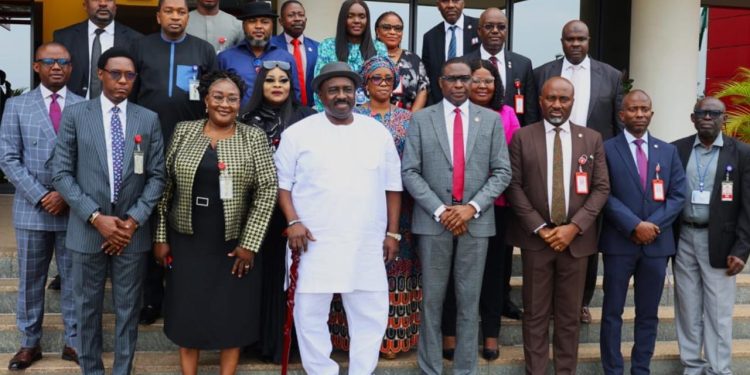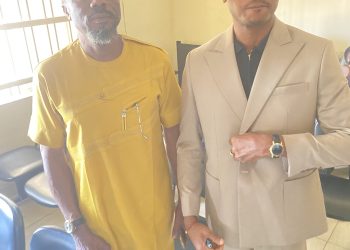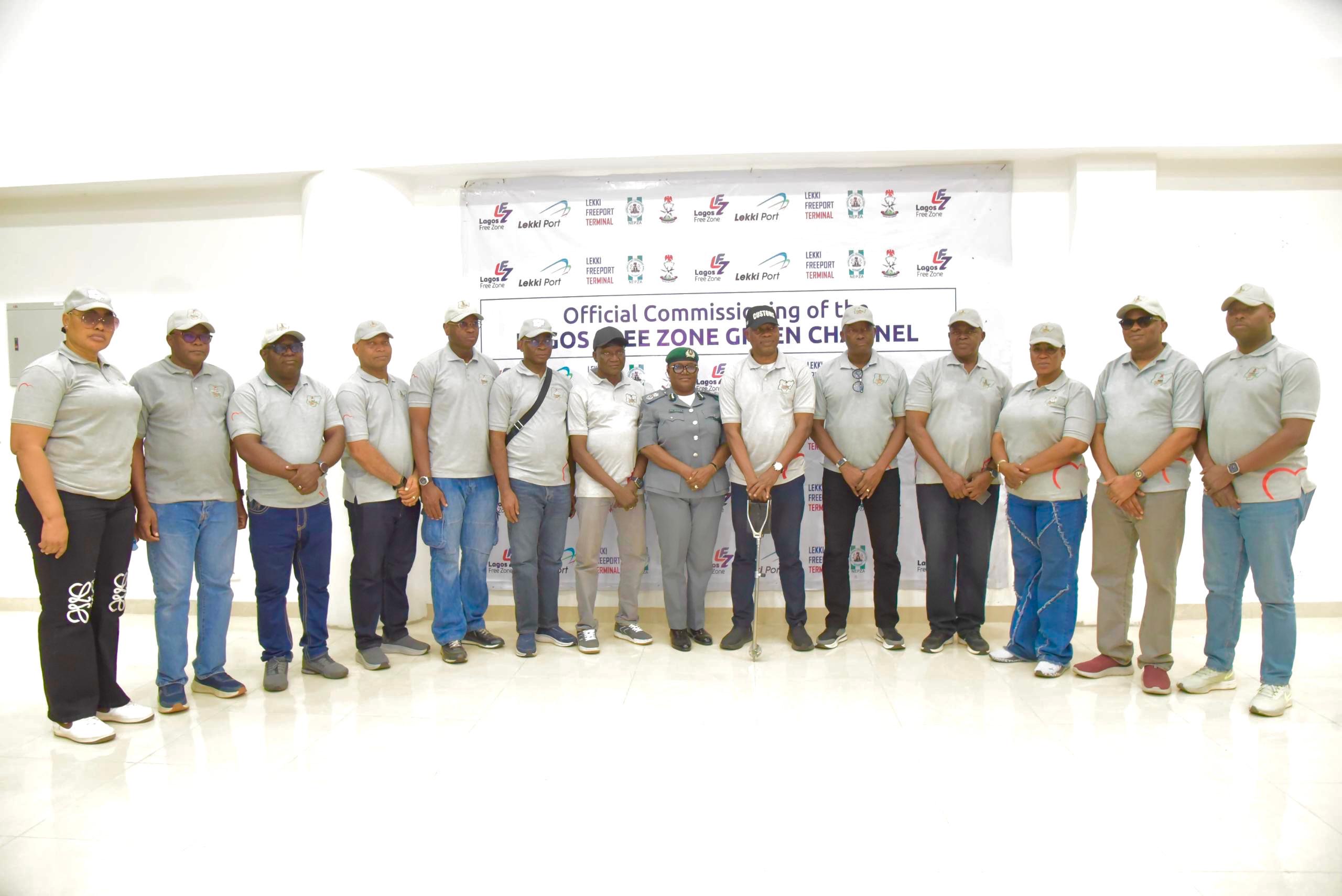By Nkechi Eze
The Director-General of the Nigerian Civil Aviation Authority (NCAA), Captain Chris Najomo, has called on the Economic and Financial Crimes Commission (EFCC) to intensify its collaboration with the aviation regulator in combating economic and financial crimes that undermine the safety, transparency, and stability of Nigeria’s aviation industry.
Najomo made the appeal on Tuesday, September 2, 2025, when he led a delegation of senior management officers of the NCAA on a courtesy visit to the EFCC headquarters in Abuja, where they were received by the Commission’s Executive Chairman, Mr. Ola Olukoyede. The NCAA boss stressed that fraudulent activities in the sector posed grave risks to aviation safety oversight, economic regulation, and investor confidence, making EFCC’s intervention critical.
According to a statement signed by EFCC spokesperson Dele Oyewale, Najomo identified high-value transactions in the industry such as aircraft purchases, leasing arrangements, foreign maintenance contracts, and procurement of safety infrastructure as particularly vulnerable to fraud, financial mismanagement, and money laundering.
He expressed concern over the persistent failure of some commercial airlines to remit the mandatory five percent Ticket Sales Charge (TSC) and Cargo Sales Charge (CSC) to the NCAA. He said such non-compliance undermines the Authority’s internally generated revenue and hampers its ability to adequately fund safety oversight functions.
“Non-remittance weakens NCAA’s ability to fund safety oversight and operational efficiency and may require EFCC’s intervention to investigate cases where deliberate withholding, diversion or misappropriation of these funds is suspected. Some operators deliberately under-report revenues, manipulate ticketing systems or divert funds, thereby sabotaging the NCAA’s ability to regulate effectively. In such cases, EFCC’s intervention is necessary,” Najomo stated.
The NCAA chief also drew attention to the menace of illegal charter operations disguised as private flights, which, he said, often involve unregulated financial flows. He underscored the need for EFCC’s financial intelligence capabilities to unmask such fraudulent activities and called for joint sensitization workshops, staff training on detecting financial red flags, and structured intelligence-sharing mechanisms between the two agencies.
While noting that the NCAA cannot fully achieve its regulatory mandate without strategic support from the EFCC, Najomo commended the Commission for its central role in safeguarding Nigeria’s financial system through robust investigation and prosecution of economic and financial crimes.
In his response, EFCC Chairman Ola Olukoyede welcomed the call for stronger collaboration and pledged the Commission’s readiness to play a greater role in sanitizing the aviation sector.
“With the kind of work you do, when people see us beside you, they will take you seriously. Aviation is an area where we have seen money laundering, particularly through chartered services. That is why we have been reaching out to you, and we will continue to do so until we achieve the desired results,” Olukoyede said.
He urged the NCAA to step up surveillance at the private wing of airports, which he described as a hotbed for illicit financial transactions. He further assured that the EFCC will work closely with the Authority to tackle issues of non-remittance by airlines, illicit financial flows, and fraudulent ticketing systems, particularly those exploited by foreign operators.
Olukoyede disclosed that the EFCC would designate senior officers to collaborate with the NCAA in finalizing a Memorandum of Understanding (MoU) covering joint investigations, intelligence exchange, and compliance monitoring. He assured the aviation regulator of the Commission’s commitment to safeguarding Nigeria’s aviation sector from fraud, corruption, and economic sabotage.














